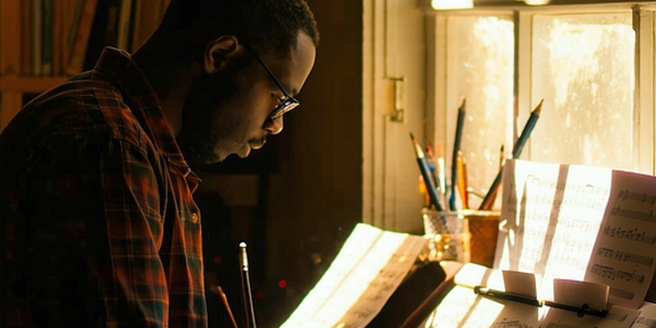
Understanding Copyright and Music Licensing
Understanding copyright is essential for anyone seeking to download music legally. Copyright is a law that grants creators exclusive rights to their work, ensuring they can control its use and distribution. Music licensing involves obtaining permission from copyright holders to use a specific piece of music. There are different types of licenses, such as performance rights, mechanical licenses, and synchronization licenses, each serving a unique purpose. For those interested in free music downloads, it’s crucial to ensure that the music is either not protected by copyright or has been released under a license that permits free usage, such as a Creative Commons license. Respect for copyright laws not only supports artists but also helps avoid legal consequences for unauthorized usage of music.
Exploring Free Music Download Sites
There are numerous websites and platforms offering free music downloads legally. These sites operate by providing access to music that is not protected by copyright, or that has been shared by artists under a free license. Platforms like Free Music Archive and Jamendo allow users to download music legally by featuring tracks released under Creative Commons licenses. Another notable site is SoundCloud, where independent artists often share their music for free, permitting downloads based on their chosen licensing agreements. It is paramount to understand that while these platforms offer free music, users must still verify the terms under which each track is released. Always check for licensing details to ensure compliance while exploring free music download sites.
Tips for Identifying Legal Music Sources
To identify legal music sources, start by looking for reputable sites that explicitly mention their music is available for free and legal download. Trusted sources often provide information about the licensing terms of each track. Look for music released under Creative Commons licenses, as these specify how the music can be legally used. Additionally, confirm the music source’s credibility by checking reviews or users’ feedback. Pay attention to website notices or disclaimers regarding copyright and usage rights. When downloading music, ensure that artists have granted permission for free usage. Remember that just because a track is available for free does not necessarily mean it is legal. Verify the legality through official channels and by adhering to the stated licensing agreements.
How to Check for Copyright Permissions
To check for copyright permissions, begin by investigating whether the music piece is protected by copyright, which typically applies to any original composition automatically. If a track is covered by copyright, reach out to the copyright owner to request and obtain the necessary permissions for usage. Look for music licensed under Creative Commons, which often specifies permissions for reuse. Platforms providing legal music downloads usually include licensing information, helping users to verify permissions. It’s important to read license agreements carefully to understand allowed uses. Additionally, some organizations or digital platforms offer blanket licenses, providing broader usage rights for particular recordings within certain conditions. Always ensure that permissions are granted in writing to avoid legal complications.
Recommendations for Free Music Platforms
Several platforms are recommended for accessing free music downloads legally. One of the top choices is the Free Music Archive, known for its vast range of genres and tracks under Creative Commons licenses. Moreover, Jamendo provides a community of independent artists who distribute their music for free while encouraging user donations and feedback. Another excellent platform is SoundCloud, where many artists permit free downloading of their tracks, offering a diverse spectrum of music styles. Bandcamp is also notable for its pay-what-you-want model, which allows users to download music legally at no cost if permitted by the artist. Each of these platforms not only supports artists but also provides a legal way to explore and download music.
